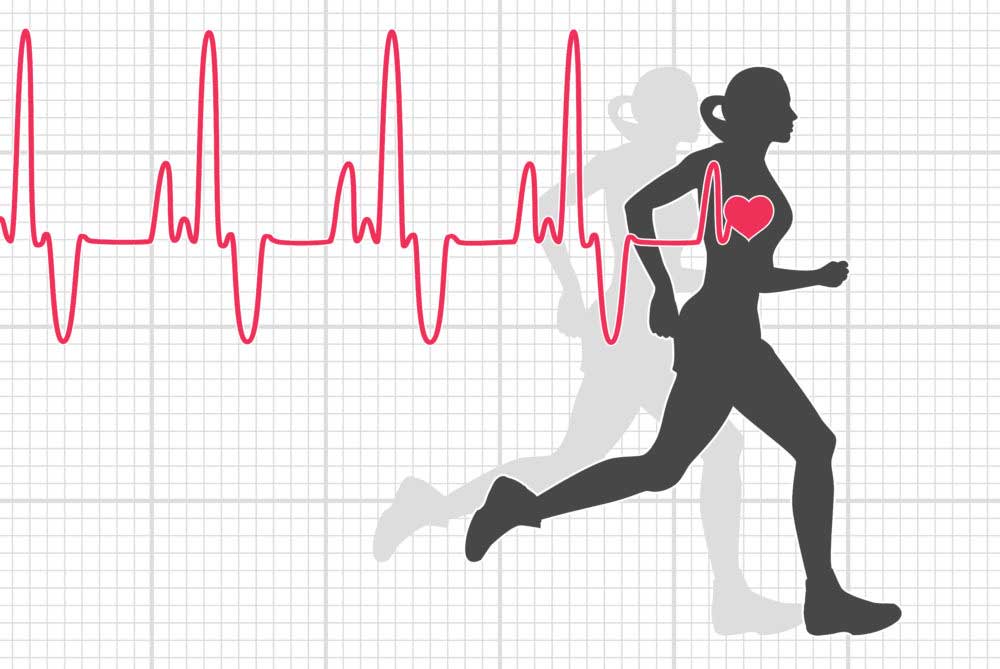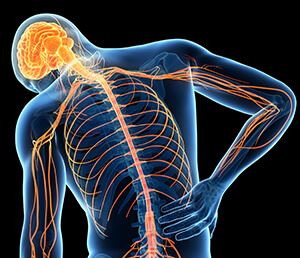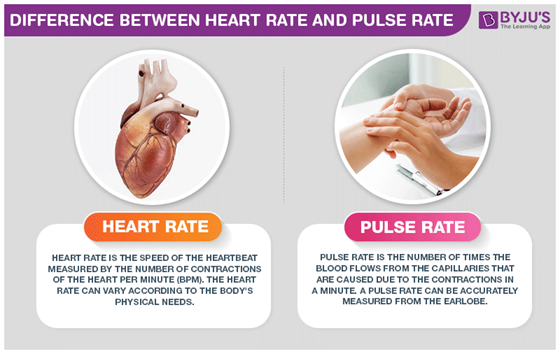What is the normal range for Heart rate (HR)?
1. 60-100 bpm

Name three study skills mentioned in today's class. Which study skill do you currently use and which do you plan on using in your own life?
Do not study more than an hour at a time without taking a break
Do not study when you are tired
Determine your most optimal study time and make that time your time to study
Understand the importance of sleep and its effect on studying and retention
Re-write, re-read, and/or paraphrase notes immediately after class or as close to the conclusion of class as possible
Try to make sense of information and memorize less
Leave memorization as a last step in your study process
Try to only use memorization as a technique 12-24 hours before an exam
Memorize actively, not passively
Avoid using too many resources when studying
Avoid engaging in too much exam chatter with others within 24 hours of the exam
What is the 6th vital sign?
PAIN

What is the range for a normal respiratory rate?
1. 12-20 bpm

Which temperature is considered normal?
1.101.2
2. 95.4
3. 98.6
3. 98.6

Name three things that one should consider before choosing and/or pursuing a career. Tell me which one stands out to you the most and why. Tell me which one you have already considered and why?
1. Job Opportunity/Demand/Availability
2. Educational requirements and cost
3. Salary (Consider location and hours)
4. Growth opportunity
5. Goals
6. Desired lifestyle
7. Skills
8. Personality
9. Values
What is the difference between Heart Rate (HR) and Pulse Rate (PR)?
Heart rate is the number of times each minute that your heart beats, which is normally between 60 and 100 times per minute
Pulse is the heart rate or the number of times your heart beats in one minute. The pulse can be measured using the radial artery in the wrist or the carotid artery in the neck.
Simply put there really is no difference

Which one of these blood pressures would be considered normal?
a) 141/80
b)120/80
c)152/52
b)120/80

1. A pulse oximeter measures the percent of oxygen saturated in one's blood but what they really mean is that a pulse oximeter measures the percent of oxygen bound to __________.
1a. _______oxygens can be bound to _________.
1. RBC
1a. 4
1.) What is a pulse oximeter?
1a.) What is the normal range?
1b.) Beyond the SP02 what other data can a pulse oximeter provide?
1.) A pulse oximeter measures the percent of oxygen saturated in one's blood.
1a.) 95-100%
1b.) Pulse Rate (PR)

Give me three things that can be considered a PRO of pursuing higher education. Tell me which PRO stands out to your the most. Tell me which one you look forward to the most and why?
1. College can be a memorable experience
2. College can give you the opportunity to become an expert in a subject you love
3. College can prepare you for a specific career path
4. Graduates tend to earn more than non-graduates
5. College for many will be the first taste of independence
6. College can broaden your mind
7. College can help expand career options
8. Professionally, college can open doors that non-college goers can’t go through at all or easily
9. College can help you learn how to deal with others
10. Lifelong friends and meaningful relationships can be formed in college